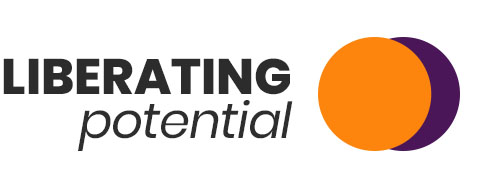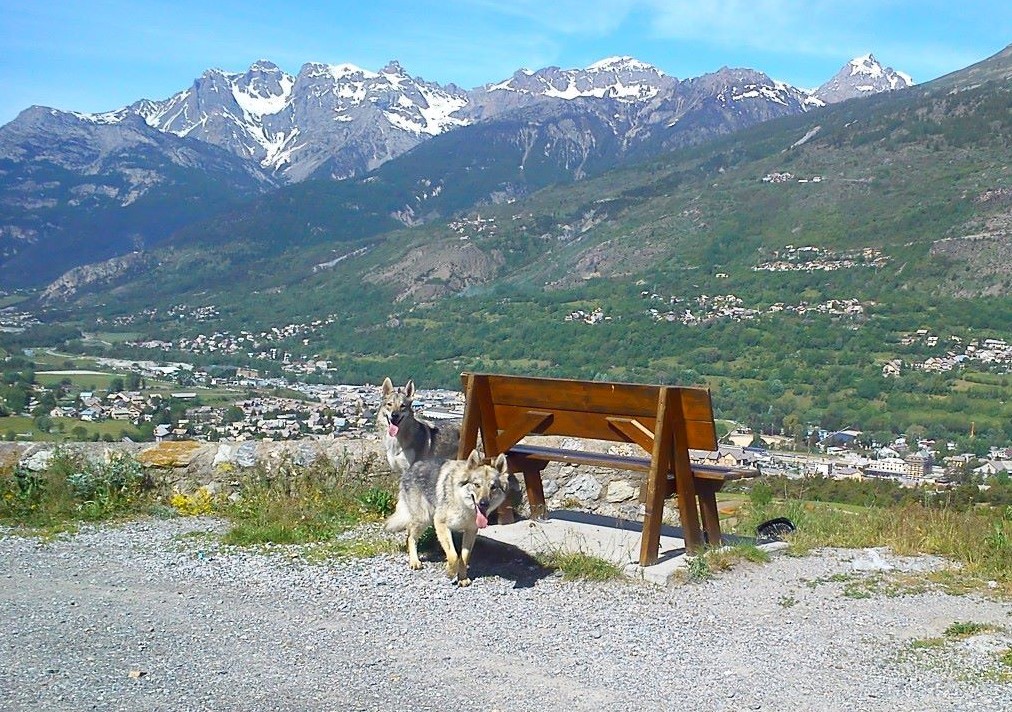‘In the risk-laden predicament of innovation each manager needs support, not of those expert in yesterday’s successes, but of their fellow managers going through the same tricky apprenticeship of facing tomorrow’s confusion.’ (Reg Revans)
These days leadership and leadership development are inherently collaborative, social and relational processes. I’ve been facilitating Action Learning Sets for over 25 years and not only are they a stimulating, fun place to learn with colleagues – they are in my view the best model for collaborative problem-solving that an HR department can deploy.
What is the evidence that Action Learning works? Marquardt and Leonard reviewed 21 refereed papers that measured the impact of action learning programmes. The evidence from these studies is that Action Learning develops broad executive and managerial leadership skills, particularly collaborative leadership and coaching skills, and improves the ability of managers to develop integrative, win/win solutions to conflict situations.
The presence of a coach/facilitator is one of the factors they identified as consistently critical to the success of action learning, although many of the sets I’ve worked with have continued well beyond my use-by date. I always ask set members early on what experience of action learning they have had in the past and there is both good and bad. The common denominator is the facilitator and when its bad it’s usually because the facilitator takes centre ground and talks too much. Like Revans, my view of the role of the facilitator is to help sets become self-managing as soon as possible.
Here are some key things that make Action Learning successful:
1. Get senior sponsors – to legitimise the time and space. Action learning often has more traction when it is aligned with the strategic agenda and other leadership development initiatives. Attendance at set meetings is likely to be higher and more consistent if it is endorsed as an important learning activity.
2. Build relationships from the start – the first session sets the tone and the climate for the group. It is worth spending some time developing relationships at the outset, even where some participants already work together and know each other. The set is a different context. Agreeing ground rules is an important part of this, creating a safe environment and a basis for reviewing group process. Keep it informal, relaxed and take your time – the investment will pay off in the long run.
3. Have a clear process for set meetings – stick to this with some flexibility. Action learning works best when it provides a structured way of working to discover the leaning from what people do and improve practice as a result. One of the worst outcomes is when it becomes a ‘talking shop’, unless that is what you want in which case be clear about that (and that it is not action learning). Varying the process over time can help maintain momentum.
4. Do the right work – spend time identifying and clarifying the problem. Action learning sets are for exploring challenges, often ambiguous, that are not easily solvable on your own, rather than technical problems that have an answer. Often the work of the set is to identify and understand what the problem is and the part that the presenter plays in this before considering options. Focus on the learning as much as the action.
5. Maintain a balance of high challenge and high support behaviours – through good listening, questioning, feedback and a sense of humour. This balance is required to create a safe and productive group climate. Without this you are likely to lose momentum and members fast. Regular reviews, particularly early on, will help to raise awareness, develop behaviours and maintain performance over time.
6. Capture key themes – to help improve the organisation. Part of the contract can be that generic themes discussed by the set are fed back to HR and sponsors to help improve the organisation and the programme.
Get it right and we are not just helping leaders with their challenges in that moment. Just by going through a good process we are helping them:
– collaborate on key leadership challenges
– take responsibility and accountability for delivery
– develop resilience
– take a more strategic perspective
– influence system-wide change
– develop more in-depth, quality and helping relationships for learning that continue beyond the life of the set
References:
Marquardt, Leonard, Freedman and Hill. Action Learning for Developing Leaders and Organisations, American Psychological Association, 2009
Reg Revans, ABC of Action Learning, Gower reprint, 2011

